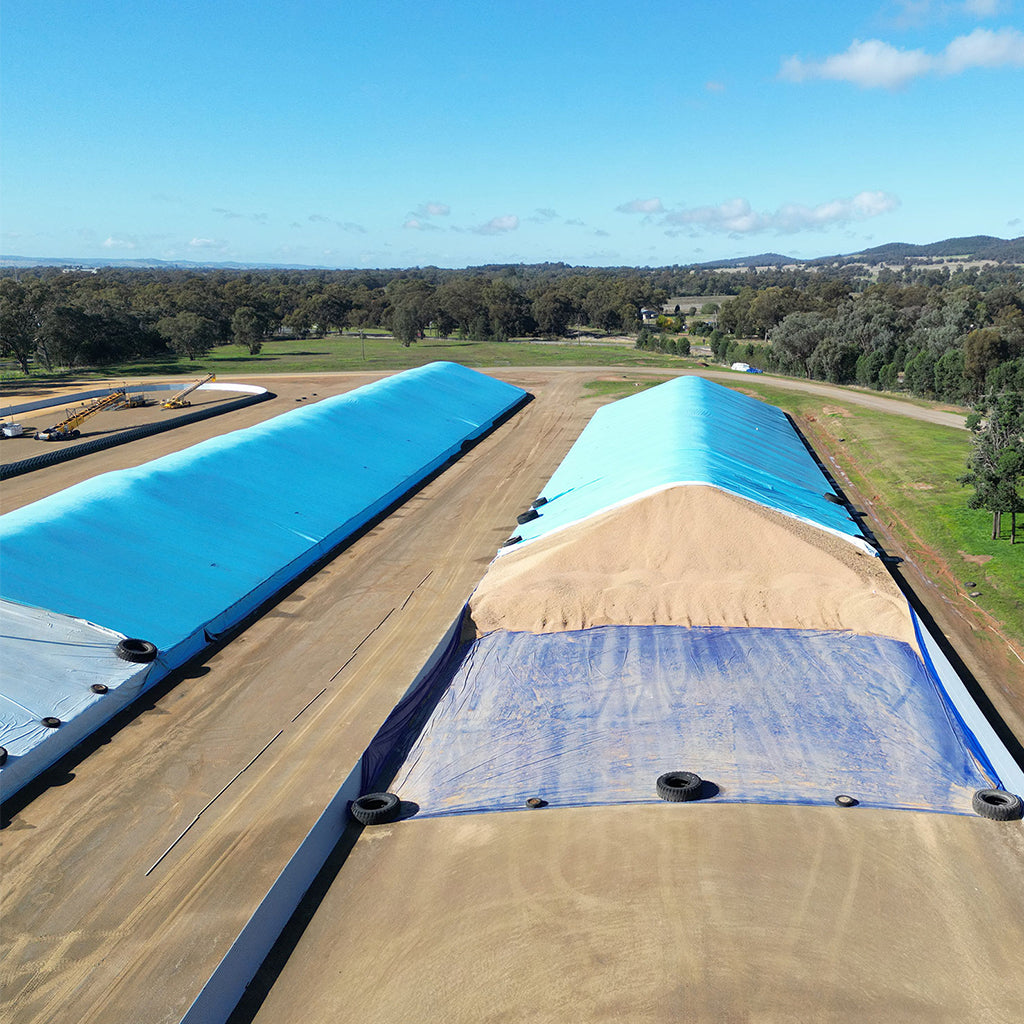
Eco-Friendly Alternatives: The Rise of Recyclable Coated Fabrics
Partager
As global industries shift toward sustainability, the demand for eco-friendly materials has never been greater. Traditional coated fabrics, such as PVC-based textiles, have long been favored for their durability and cost-effectiveness. However, concerns about environmental impact and recyclability are pushing manufacturers to explore innovative, sustainable alternatives. With increasing international regulations and corporate commitments to sustainability, recyclable coated fabrics are emerging as the future of industrial textiles. This blog explores their rise, benefits, and how they align with the latest global environmental initiatives.
The Environmental Challenge of Traditional Coated Fabrics
Coated fabrics, commonly used in architecture, transportation, and industrial applications, often rely on PVC (polyvinyl chloride) due to its excellent performance in durability and weather resistance. However, PVC presents significant environmental challenges:
-
Non-Biodegradability: PVC-coated fabrics do not easily break down in the environment, leading to long-term waste accumulation.
-
Toxic Additives: The production and disposal of PVC materials can release hazardous chemicals, impacting human health and ecosystems.
-
Limited Recycling Options: Traditional PVC fabrics are difficult to recycle due to the presence of plasticizers and stabilizers.
Global Regulations Driving Change
Governments and industries worldwide are implementing stricter sustainability measures to reduce plastic waste and promote recyclability:
-
European Union's Circular Economy Action Plan (CEAP): Encourages the use of recyclable and sustainable materials in industrial applications, including coated fabrics.
-
South Korea’s 2024 Packaging Material Recyclability Standards: Introduces stricter classifications and promotes high-recyclability materials, affecting industries that use PVC coatings.
-
The United States' Extended Producer Responsibility (EPR) Policies: Urges manufacturers to take responsibility for the full lifecycle of their products, pushing for more sustainable and recyclable materials.
-
Global Brands’ Commitments: Major corporations in automotive, architecture, and textile industries are prioritizing materials with lower environmental impact, increasing demand for PVC-free alternatives.
The Rise of Recyclable Coated Fabrics
To address these environmental concerns, the industry is embracing recyclable coated fabrics, such as TPO (thermoplastic polyolefin)-based materials. These sustainable alternatives offer numerous advantages:
-
PVC-Free Composition: TPO-coated fabrics eliminate harmful chlorine-based compounds, making them safer for the environment.
-
Enhanced Recyclability: Unlike PVC, TPO can be mechanically or chemically recycled, reducing landfill waste.
-
Low VOC Emissions: TPO coatings release fewer volatile organic compounds (VOCs), improving indoor and outdoor air quality.
-
Energy Efficiency: The production process for recyclable fabrics consumes less energy compared to traditional coated materials.
-
Compliance with Global Standards: TPO-coated fabrics meet stricter sustainability certifications and align with new government regulations.
Key Applications of Recyclable Coated Fabrics
Recyclable coated fabrics are gaining traction across multiple industries:
-
Architectural Structures: TPO membranes are increasingly used in tensile structures, roofing, and façade applications due to their sustainability and longevity.
-
Transportation & Automotive: Lightweight and recyclable coatings contribute to fuel efficiency and a lower carbon footprint in vehicle interiors and covers.
-
Outdoor & Industrial Covers: From awnings to tarpaulins, recyclable alternatives are replacing conventional coated fabrics without compromising performance.
-
Packaging & Consumer Goods: With growing restrictions on single-use plastics, coated fabrics are now being designed with enhanced recyclability for broader applications.
The Future of Sustainable Textiles
The shift toward recyclable coated fabrics is driven by both regulatory policies and consumer demand for sustainable products. Companies investing in eco-friendly materials not only comply with environmental regulations but also gain a competitive edge in an increasingly green-conscious market.
As technology advances, we can expect further improvements in bio-based coatings, enhanced recyclability, and innovative composite materials. Manufacturers like uctextile are at the forefront of this transformation, offering high-performance, sustainable alternatives for a cleaner future.
Explore our range of recyclable coated fabrics at uctextile.com and join the movement towards a greener tomorrow.
